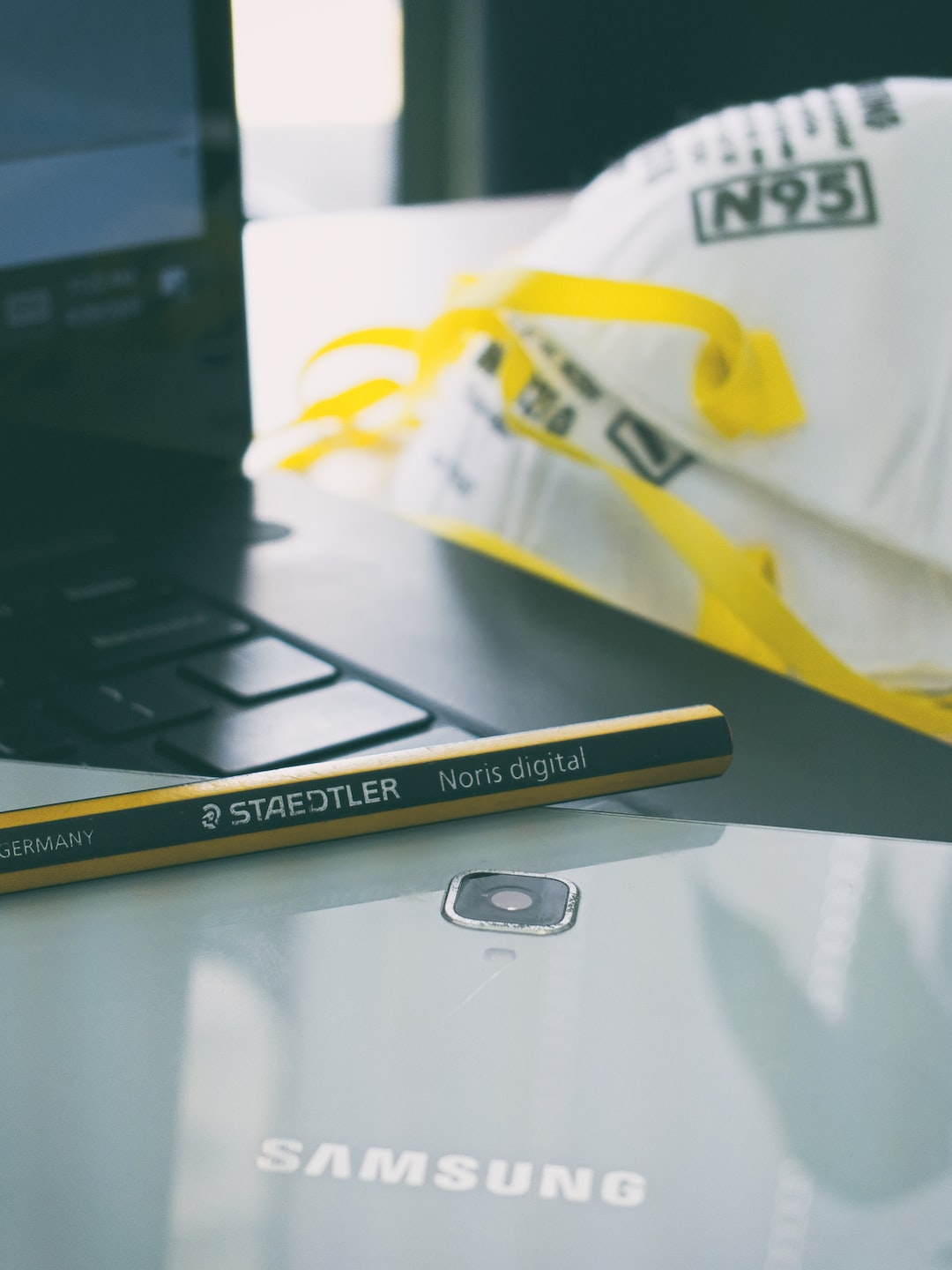The Future of Robotics: Exploring Advances in AI-Driven Automation
The field of robotics has witnessed incredible advancements in recent years, largely fueled by the integration of artificial intelligence (AI). As AI technology continues to evolve, it has become increasingly apparent that we are on the cusp of a new era in automation, one where robots have the potential to revolutionize our daily lives.
AI-driven robotics holds immense promise for transforming various industries, from manufacturing and healthcare to transportation and even household chores. The convergence of AI and robotics enables machines to perform complex tasks, mimic human behavior, and adapt to their environments, thereby surpassing their previous limitations.
One area where AI-driven robotics has made significant progress is in autonomous vehicles. Companies like Tesla and Waymo have been at the forefront of developing self-driving cars that rely on AI algorithms to navigate roads, interpret traffic signals, and make split-second decisions to ensure passenger safety. These vehicles have the potential to reduce accidents, increase efficiency, and revolutionize transportation systems. Furthermore, AI-powered drones have opened up new possibilities for aerial delivery, disaster management, and even entertainment.
In the healthcare sector, AI-driven robotics is revolutionizing patient care and surgical procedures. Surgical robots powered by AI algorithms possess the ability to perform precise and intricate surgeries with minimal invasiveness. With AI, these robots can analyze large amounts of patient data, identify patterns, and make informed decisions during surgeries, leading to improved outcomes and faster recovery times. Additionally, robots can assist in patient monitoring, medication administration, and elderly care, alleviating the burden on healthcare providers and ensuring better healthcare quality for all.
The manufacturing industry has also experienced a significant transformation with the integration of AI and robotics. Smart factories that utilize robotic automation have become more prevalent, enabling companies to increase productivity, reduce costs, and enhance product quality. Intelligent robots equipped with AI algorithms can perform repetitive tasks with precision and accuracy, reducing the risk of errors and improving overall production efficiency. These robots are adaptable and can easily be reprogrammed to handle different products or perform multiple tasks, making them indispensable assets in the ever-evolving manufacturing landscape.
Moreover, AI-driven robotics has the potential to significantly impact the field of education. Robots can serve as interactive learning companions, helping students understand complex concepts through personalized teaching methods. They can adapt the curriculum to individual needs, monitor progress, and provide real-time feedback. AI-powered social robots can also help children with autism spectrum disorder develop social skills and improve their communication abilities. By integrating AI-driven robots into classrooms, educators can enhance the learning experience and foster a more engaging and inclusive educational environment.
While AI-driven robotics brings numerous benefits, there are also concerns regarding its societal impact. The rise of automation in various industries raises questions about job displacement and the future of work. As machines become increasingly capable of performing tasks traditionally done by humans, there is a need for society to prepare for potential shifts in the job market and facilitate retraining and upskilling programs to ensure a smooth transition.
Ethical considerations also come into play when discussing AI-driven robotics. With the ability to learn and make decisions, robots must be programmed with a strong sense of ethics to prevent misuse or harm to humans. Proper regulations and guidelines must be in place to ensure responsible and ethical development and deployment of AI-driven robots.
The future of robotics is undoubtedly exciting and full of promise. As AI technology advances and becomes more integrated into robotic systems, we are likely to witness further breakthroughs. From our homes and workplaces to outer space, AI-driven robots have the potential to transform the way we live, work, and interact. By embracing this technological revolution responsibly, we can harness the full potential of AI-driven automation and create a future that benefits society as a whole.
